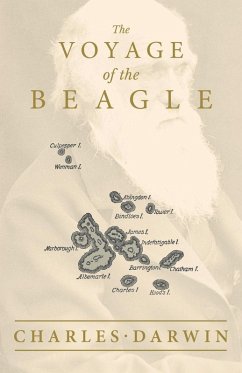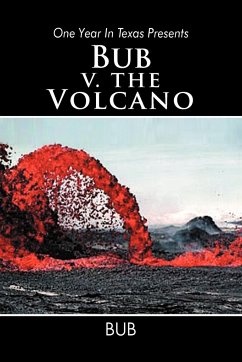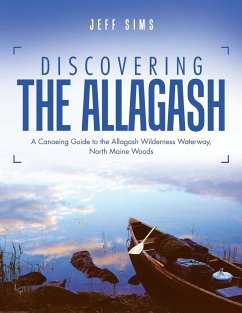First published in 1839, "The Voyage of the Beagle" is the book written by Charles Darwin that chronicles his experience of the famous survey expedition of the ship HMS Beagle. Part travel memoir, part scientific field journal, it covers such topics as biology, anthropology, and geology, demonstrating Darwin's changing views and ideas while he was developing his theory of evolution. A book highly recommended for those with an interest in evolution and is not to be missed by collectors of important historical literature. Contents include: "St. Jago-Cape De Verd Islands", "Rio De Janeiro", "Maldonado", "Rio Negro To Bahia Blanca", "Bahia Blanca", "Bahia Blanca To Buenos Ayres", "Banda Oriental And Patagonia", etc. Charles Robert Darwin (1809-1882) was an English geologist, naturalist, and biologist most famous for his contributions to the science of evolution and his book "On the Origin of Species" (1859). This classic work is being republished now in a new edition complete with a specially-commissioned new biography of the author.
Hinweis: Dieser Artikel kann nur an eine deutsche Lieferadresse ausgeliefert werden.
Hinweis: Dieser Artikel kann nur an eine deutsche Lieferadresse ausgeliefert werden.








